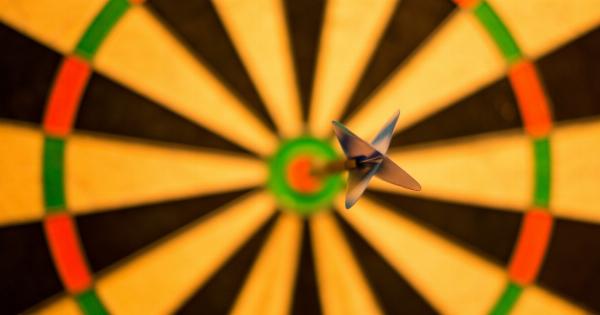Everyone wants to have a sharp memory, but not everyone knows how to achieve it. Thankfully, there are several tactics and strategies that you can implement to help improve your memory.
Whether you want to remember names, dates, or information for a test, these tips and tricks can help you enhance your memory skills.
Use Mnemonic Devices
Mnemonic devices are memory aids that help you remember information through the use of images, acronyms, and other techniques.
For example, if you need to remember a grocery list, you could create an acronym out of the first letter of each item on the list.
Another example is using a phrase that starts with the same letter as the items you need to remember, such as “King Philip Came Over For Good Spaghetti” for remembering the order of the taxonomy phyla (Kingdom, Phylum, Class, Order, Family, Genus, Species).
Repeat Information
Repetition is key when it comes to remembering information. When you hear or read something, try to repeat it back to yourself several times. You can also write it down, as the act of writing helps reinforce the memory.
Additionally, repeating the information several times throughout the day can help solidify it in your memory.
Visualize Information
When you visualize information, you create a mental image that can help you remember it better. For example, if you’re trying to remember someone’s name, try to associate it with a visual image.
You could picture the person’s name written on their forehead, for example. The more vivid and unique the image, the better your chances of remembering the information.
Chunk Information
Breaking up information into smaller “chunks” can help make it easier to remember. For example, if you’re trying to remember a long number like a credit card or phone number, try breaking it up into groups of three or four digits.
This can help make it more manageable and easier to remember.
Get Enough Sleep
Getting enough sleep is essential for memory consolidation, which is the process of solidifying memories in your brain. When you sleep, your brain replays and consolidates the information you learned throughout the day.
Getting enough restful sleep can also help improve your focus and attention, which can make it easier to remember information during your waking hours.
Eat a Healthy Diet
Your brain needs proper nutrients to function at its best. Eating a healthy diet that’s rich in fruits and vegetables, lean proteins, and healthy fats can help support brain function and memory.
Additionally, certain nutrients like omega-3 fatty acids and antioxidants may have specific benefits for memory and brain health.
Stay Active
Regular exercise is not only good for your physical health but also for your cognitive health. Exercise has been shown to boost brain function and improve memory, particularly in older adults.
Aim for at least 30 minutes of moderate-intensity exercise most days of the week to get the cognitive benefits.
Manage Stress
Stress can have a negative impact on memory and cognitive function. When you’re stressed, your brain diverts resources away from memory consolidation and towards the stress response.
To counteract this, it’s important to find healthy ways to manage and reduce stress, such as exercise, mindfulness, or relaxation techniques.
Stay Mentally Active
Just like your muscles need regular exercise, your brain needs regular mental stimulation to stay sharp and healthy. Activities like reading, doing crossword puzzles, or playing brain games can help improve memory and cognitive function.
Additionally, learning new skills or taking on new challenges can help keep your brain engaged and learning.
Connect with Others
Connect with others. Social connection is an essential component of cognitive health and can help improve memory and brain function.
Spending time with family and friends, participating in group activities, or volunteering can all help promote social connection and support cognitive health.






























